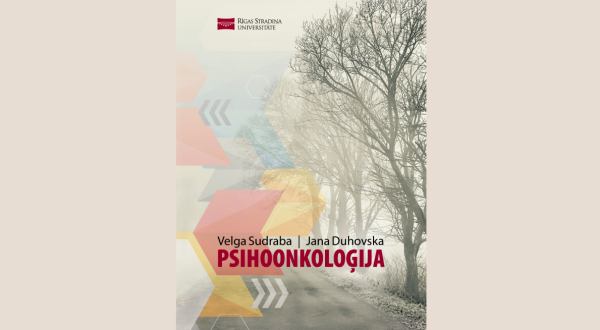Dissertation on Changes in Women's Health After Childbirth
Episiotomies are some of the most common surgical obstetric interventions. Obstetricians perform these with scissors, usually on the right side of the perineum to facilitate the birth of the foetal head.
Electrodiagnostic testing (EMG) of the pelvic floor is a minimally invasive method that allows for a functional analysis of the external anal sphincter muscle. Studies carried out so far have indicated that patients may have asymmetric sphincter muscle innervation patterns that can lead to fecal incontinence in women after childbirth.
A new doctoral thesis aims to compare the innervation and strength of the anal sphincter before and after delivery, as well as to determine the effect of episiotomy on these changes.
The study included 300 pregnant women who underwent EMG measurements in the third trimester of pregnancy, 6 to 8 weeks after delivery and a year after delivery. The results were compared before and after delivery between the following delivery types: caesarean section, mediolateral episiotomy, spontaneous lacerations, and intact perineum, according to the asymmetry index. Additionally, the fecal incontinence score was also evaluated before and after delivery.
The results showed a significant reduction of innervation zones and a decrease in EMG amplitude after delivery in women who underwent mediolateral right episiotomy. The incontinence score increased slightly, but not significantly 6–8 weeks after delivery in 20 % of caesareans and 30 % of vaginal deliveries.
The results of the study show that episiotomy reduces external anal sphincter muscle activity on the side of the cut. The study also shows that surface electromyography is a promising method to analyse anal sphincter activity, and that EMG signals detected during pregnancy could be used to decide the optimal side of episiotomy, thus reducing the damage to the sphincter innervation caused by the episiotomy itself.
Vita Začesta will defend her doctoral thesis “Anal Sphincter Muscle Activity Changes in Women After Delivery” on 31 March 2022.
Scientific supervisors: RSU Prof. Dace Rezeberga and RSU Prof. Haralds Plaudis.
Related news
 Book on psycho-oncology: resource for studies, professional practice and patient supportPsychology, For Students, Books
Book on psycho-oncology: resource for studies, professional practice and patient supportPsychology, For Students, Books


